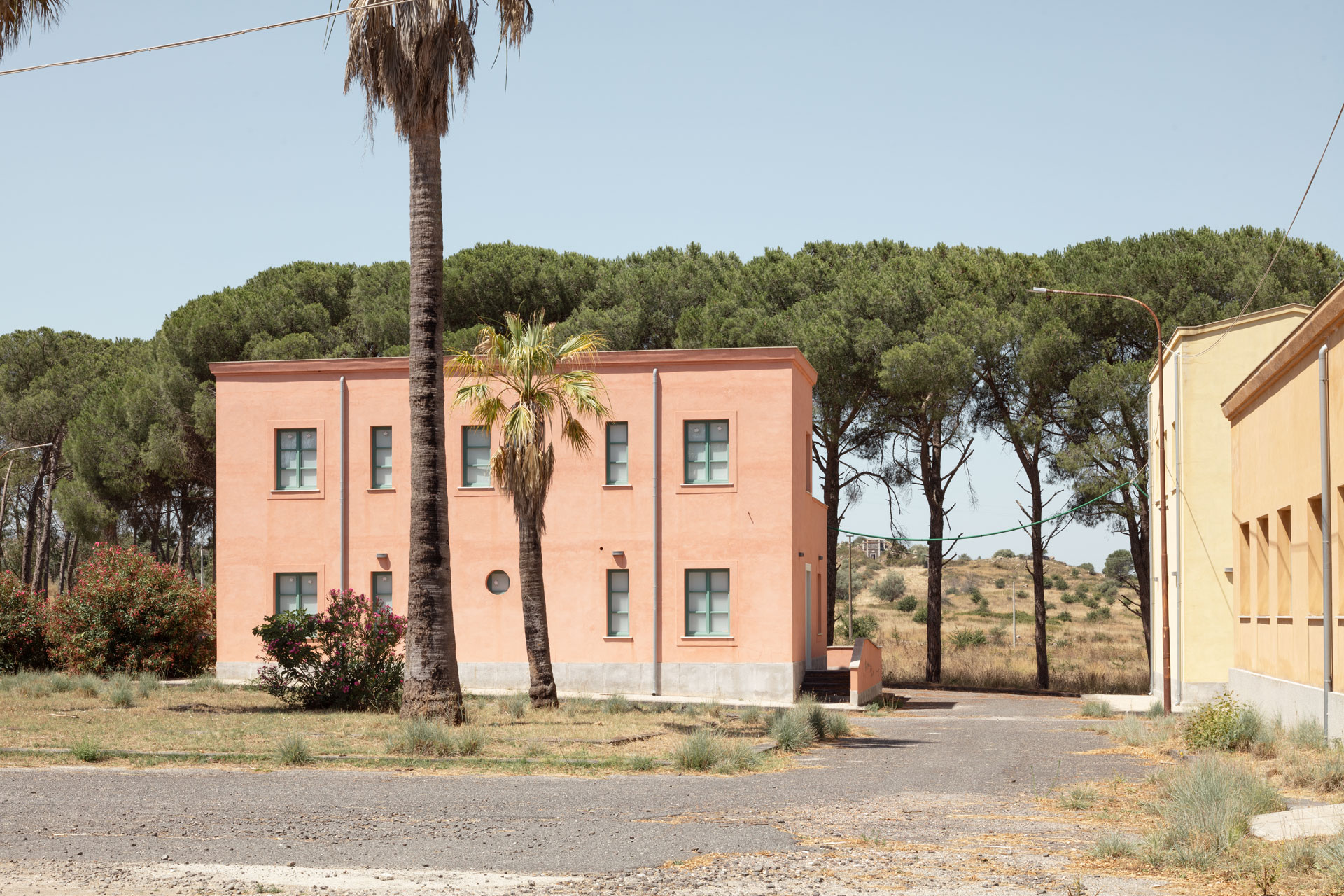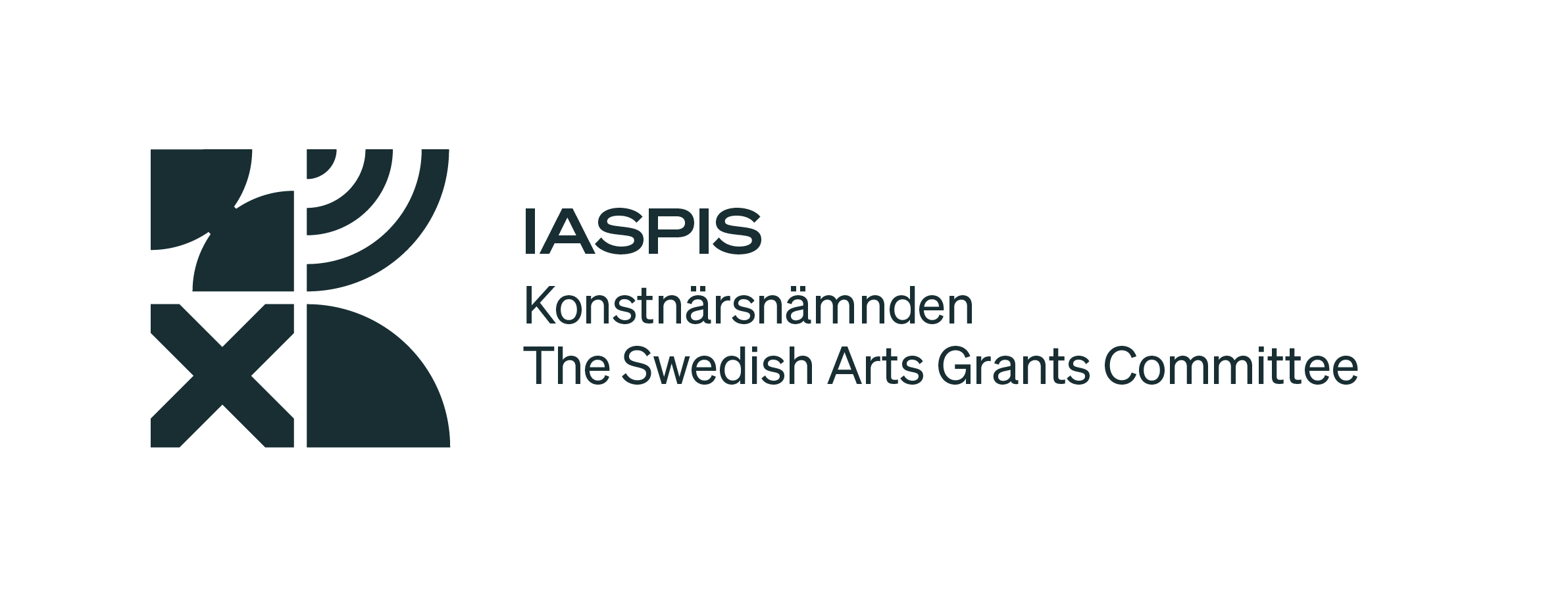Decolonizing Architecture Advanced Studies
CATEGORY
Decolonizing Architecture Advanced Studies is a series of postmaster courses, public seminars, field studies, publications, and discursive exhibitions that together form a platform for education and research at the Royal Institute of Art in Stockholm.

Towards an entity of decolonization, Sicily by Sandi Hilal and Alessandro Petti (DAAR), 2020. Photo: Luca Capuano
The course uses the term decolonization as a starting point to understand the globalized present and the associated contemporary conditions of exile, displacement and migration, revolts and struggles against oppression and domination with the aim of producing a convincing conceptual vocabulary and practice engaged in today’s struggles for justice and equality.
What is at stake in those environments/ conditions is for course participants, the possibility to be active learners by reflecting critically on their own practice by asking fundamental questions of why we do what we do, and how our own practice is framed in the larger social and political context. “What does it mean to decolonize?” becomes more than a question; it becomes an acknowledgment that our institutions, epistemologies, disciplines, practices not only need to be challenged, but also reframed or completely abandoned. We need to re-imagine ways of thinking, speaking and doing, in a world where colonial structures shape bodies, spaces, buildings and landscapes.
The course engages in a collective endeavor in experimenting with decolonial approaches. This work is done in dialogues with guests, texts, and, most importantly, amongst the participants. The diversity of the group is one of the most significant resources. A sense of being in a sort of ‘permanent crisis’ is shared with course participants: to radically rethink trajectories and how to practice; eager to experiment; to find a community of peers and a protected space to think together, or simply to find a way out of the non (or anti-) critical and commercial dimensions of the architectural profession.
The fundamental assumption of the course´s approach to learning is that each participant is a source of knowledge. Therefore, the starting point is to share personal experiences and desires, and based on these start forming alliances, building the communal where it is possible to learn from each other. The pedagogical approach of the course is based on the articulation of sites, concepts, and people. During the course, participants are invited to search and share concepts that emerge from lived experiences and grounded in communities and sites. These concepts, anchored in practice, form a common vocabulary that creates the theoretical reference for actions, interventions and guiding principles for research projects – individual, and collective – developed within the framework of the course.
The practice of the course leaders Alessandro Petti (DAAR) and Marie-Louise Richards, contributes extensively to the initiation of the course and its pedagogical approaches. The course is located at the Royal Institute of Art, in Stockholm, Sweden – an art institution of higher learning with an experimental artistic research environment. Every year, a new theme and site is proposed as a collective project, building a continuous dialogue between localities, sites and geographies in the Global South and Global North. Collaborations are also an inherent element of the course, placing it in different contexts and environments of exchange and action.
Decolonizing Architecture Advanced Studies is led by Alessandro Petti, Professor in Architecture and Social Justice and Marie-Louise Richards, lecturer in Architecture, with contributions by guests, active engagement of course participants, and exchange with institutions in Sweden and abroad, and collaborators.
The course is initiated by Alessandro Petti, Professor in Architecture Social Justice and further developed with Marie-Louise Richards, lecturer in Architecture. There is continuous involvement and contributions by guests, among them Walter Mignolo, Joar Nango, Rahel Shawl, Ana Naomi de Sousa, Luca Capuano, Jorge Otero-Pailos, Madina Tlostanova, Eyal Weizman, Emilio Distretti, Mia Fuller, Stefan Jonsson, Shahram Khosravi, Peter Lang, Santiago Mostyn, Corina Oprea and Mekonnen Tesfahuney. Contributors to the web platform: Roberta Burchardt, Tatiana Pinto, Husam Abusalem, Nadia El Hakim, Rado Istok, Ilaria Lombardo, Carlota Mir, Fernanda Ruiz, Bert Stoffels, Victoria Van Kan, Mouna Abdelkadous, Makda Embaie, Marie Therese Luger, Mauro Sirotnjak, Soroor Notash, Eva Strocholcova, Cherine Hussein, Ying Sun, Didem Yildirim Boström, Rodrigo Nicolas Albornoz, Nefeli Makrynikola, Hannah Clarkson, Marco Cechet, Meryem Saadi, Pauli Rikaniemi, Olivia Berkowicz, Mark Romei, Molly Sjögren, Konstantina Pappa, Matilda Tucker, Milagros Bedoya, Steffie de Gaetano, Silvia Susanna, Linnea Fröjd, Mikaela Britt Karlsson, Alice Pontiggia, Valentina Bonizzi, Sue Jeong Ka.
This description is based on excerpts from https://www.daas.academy
Decolonizing Architecture website: https://www.daas.academy/about/
